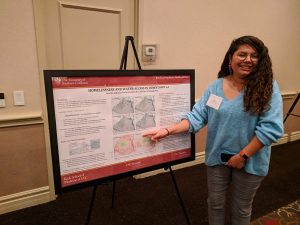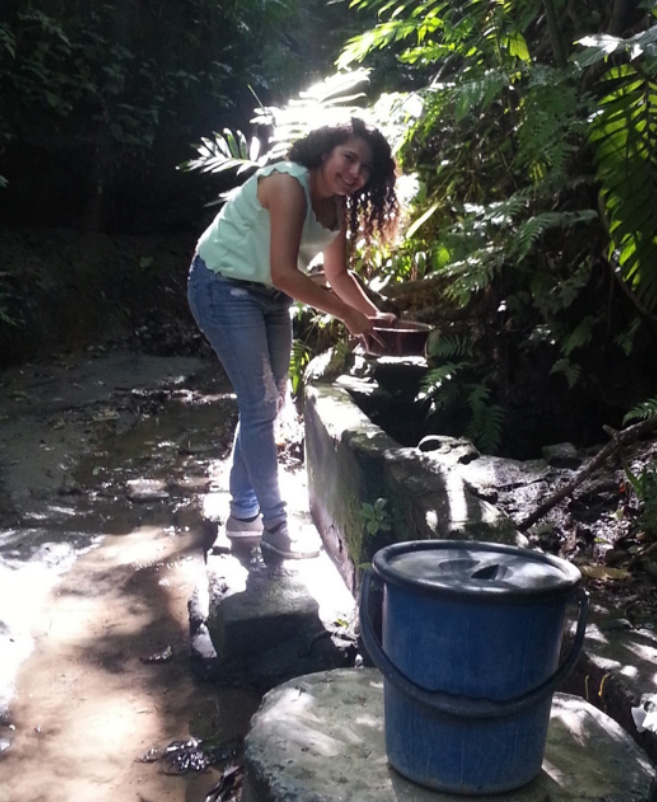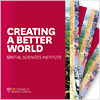The Spatial Sciences Institute community is cordially invited to the dissertation defense presentation by Population, Health and Place Ph.D. candidate Lourdes Johanna Avelar Portillo.

Wednesday, June 2, 2021, 12:00 PM PT
https://usc.zoom.us/j/6343663853
Homeless Encampments and Access to Water, Sanitation, and Hygiene (WaSH) Services in Los Angeles, CA
Abstract
Access to water, sanitation, and hygiene (WaSH) are fundamental human needs. However, global water reports estimate that 2 billion people worldwide live without safely managed access to these WaSH services. The absence of and inadequate access to WaSH result in WaSH insecurity experiences that increase individual exposure to preventable, water-related health risks and illnesses.
While most of the existing research focuses on WaSH insecurity experiences in the global South, this dissertation shifts the attention to the global North, specifically Los Angeles, California, USA. This dissertation aims to better understand how unhoused communities of Los Angeles navigate spaces and places that do not have safe, sufficient, accessible, and affordable access to WaSH services.
The following work presents three studies that detail the difficulties unhoused communities encounter, each making a case for interim-level WaSH services that would help address people’s unmet needs. The first study integrates survey data from people with lived expertise to identify the coping mechanisms people use to survive in places lacking access to WaSH. The second study uses spatial statistics and geographic information systems (GIS) to measure differences in accessibility based on individual and service level factors that contribute to experiences of WaSH insecurity. The final study incorporates service providers' perspectives using qualitative descriptive interviews to understand the impacts of WaSH insecurity during a global pandemic.
Together the findings from these studies identify the critical needs of unhoused communities, and meeting these needs presents important policy implications. The findings suggest that addressing WaSH insecurity is critical because WaSH insecurity reinforces a cycle of homelessness.
In other words, WaSH insecurity exacerbates stigmatization, raises barriers in people seeking out services, and negatively affects people's mental and physical health. Therefore, interim level services, specifically WaSH services, are needed to address the immediate unmet needs of unhoused residents of Los Angeles.
Committee Co-Chairs: Dr. Meredith Franklin, Dr. Yao-Yi Chiang
Committee Members: Dr. Laura Ferguson, Dr. Manuel Pastor, Dr. Benjamin Henwood





